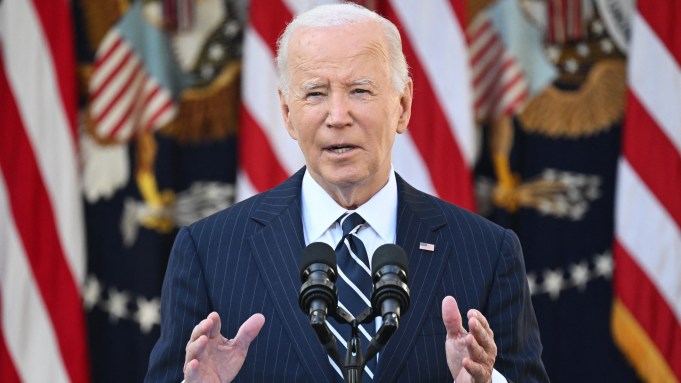
In a historic announcement, President Joe Biden has granted clemency to thousands of individuals, marking the largest single-day act of clemency in modern U.S. history. The move has ignited widespread discussions about the role of forgiveness, rehabilitation, and reform in the nation’s justice system.
The clemency primarily benefits individuals convicted of non-violent offenses, with a focus on those impacted by outdated sentencing laws. “This is a powerful statement of our belief in second chances and the potential for change in every individual,” Biden stated. The President emphasized that the action aligns with his administration’s commitment to criminal justice reform and addressing systemic inequalities.
The decision has been lauded by criminal justice advocates, who view it as a monumental step toward addressing mass incarceration and providing opportunities for reintegration into society. “Clemency isn’t just about releasing individuals; it’s about recognizing their humanity and potential,” said a spokesperson from the Sentencing Project.
However, critics argue that the move raises questions about public safety and the criteria used to determine eligibility. Some believe a more gradual approach would have been prudent, allowing for closer scrutiny of each case.
The announcement has also sparked debates on Capitol Hill, with some lawmakers calling for comprehensive legislative reforms to complement executive actions. Proponents stress the importance of tackling the root causes of crime and over-incarceration through education, economic opportunities, and community support.
Broader Impact
This sweeping act of clemency challenges Americans to reconsider their views on justice, punishment, and redemption. It underscores a growing recognition that second chances can transform lives while contributing to a more equitable society.
Be the first to comment